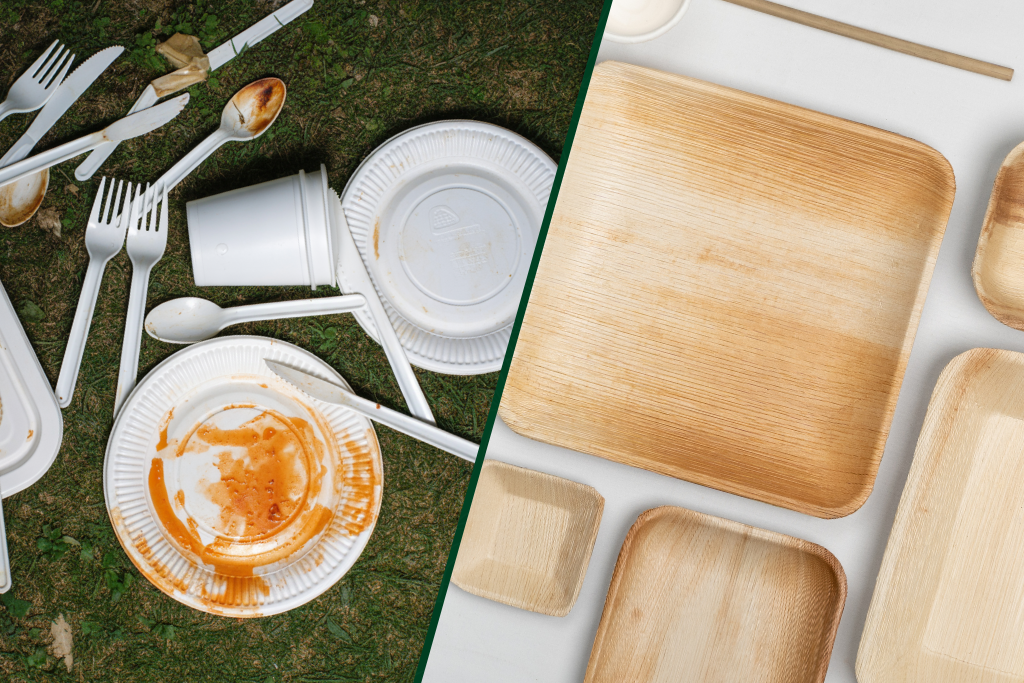It’s the joy of families reuniting, homes lighting up with laughter, and four magical days filled with fun, frolic, and flair.
It’s about wearing new clothes, morning and evening, getting decked up, and feeling beautiful inside out.
It’s also the thrill of pandal hopping, unexpected reunions, endless gupshup, and late-night addas under moonlit skies.
Pujo is steeped in nostalgia, of childhood memories, familiar smells, and timeless traditions.
It’s a time for shopping, not just for ourselves, but for our families, friends, and support staff. For everyone who forms part of our extended circle of love.
At its heart, it is about sharing and giving. We give gifts to family members, friends, and relatives. We open our homes to guests and often visit others in return.
Durga Puja also brings stunningly decorated pandals, lively pratimas, cultural performances, and music.
Behind the celebration lies the livelihood of thousands, idol-makers, artisans, electricians, lightmen, decorators, and dhakis, many of whom earn up to 40% of their annual income during these few days.

At its spiritual core, Pujo is the celebration of Ma Durga, her strength, her power, her homecoming. But amid the rhythmic chants and beats of the dhak, it’s also a celebration of love, warmth, togetherness, and generosity, especially towards those less fortunate.
And of course, it’s about the food.
The irresistible street food, the aroma of bhog, the community lunches, and the neighbourhood stalls where aunties serve homely delights, all add their own flavour to the festive spirit.
One of the most cherished traditions is the community lunch, where 1,000–2,000 people dine together each day.

Today, these meals are often served on plastic-coated paper plates or white Styrofoam trays.
These plates, however, are far from ideal.
When hot khichuri is served, the plate often bends and sags, unable to hold the weight.
Holding a flimsy plate of hot food while standing in line, feeling the heat seep into our fingers, the joy of eating bhog is nearly lost.
Every feast leaves a footprint, and in recent years, that footprint has grown heavier.
Plastic and Styrofoam have replaced our traditional, earth-friendly tableware.
With nearly 8,000–10,000 meals served over four days in just one pandal, budgets are understandably tight.
Organisers rightly focus on serving delicious, varied meals, but often compromise on eco-friendly, compostable tableware.
Now multiply that by hundreds of pandals across Bengal, and imagine the staggering mountain of waste we generate, within just four days of celebration.
But as we come together to celebrate, must it be at the cost of our environment?
Plastic and Styrofoam are among the worst pollutants in the world’s disposable tableware segment.
Just pause and picture the waste your favourite Puja pandal might generate, only in four days, because we chose convenience over conscience.
This Puja, make every plate count. Choose Arecana.
Arecana, by Tamul Plates Marketing Private Limited, is made from naturally fallen areca palm sheaths.
It’s 100% chemical-free, sturdy, hygienic, and fully compostable within just 60 days.
Perfect for buffets, community lunches, and festive feasts, Arecana is elegant, durable, and kind to the Earth.
Yes, each Arecana plate may cost a few rupees more than a Styrofoam one,
But the impact it creates is priceless.
On one hand, it helps reduce plastic pollution in our cities.
On the other, it empowers a mother in Northeast India to celebrate Puja with her children, using the income she earned with dignity.
Because every Arecana plate you use supports a tribal woman from the Northeast.
These plates are handcrafted by rural women who earn a livelihood through their production, allowing them to run households, send children to school, and celebrate their own Puja with pride, just like you.
When you choose Arecana, you’re not just choosing sustainability.
You’re lighting a diya in a distant home in Assam or Meghalaya.
You’re helping a mother buy a new dress for her daughter this Puja.
It’s a small switch. A small cost.
But with a huge, heartwarming impact.
During Pujo, we all open our hearts, and our purses.
We splurge a little more, gift a little more, tip a little more, and pay our support staff a little more.
Because when we celebrate, we want everyone around us to celebrate too.
So this Puja, let’s do more than celebrate.
Let’s honour tradition, empower women, and protect our planet, with a simple, conscious choice.
So, this Puja, Switch to Sustainability, Switch to Arecana

